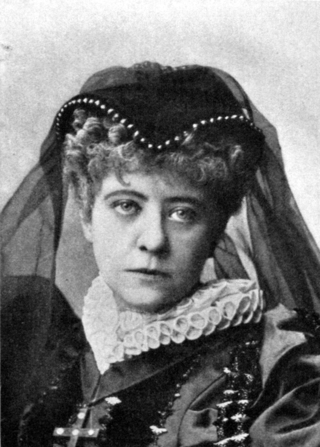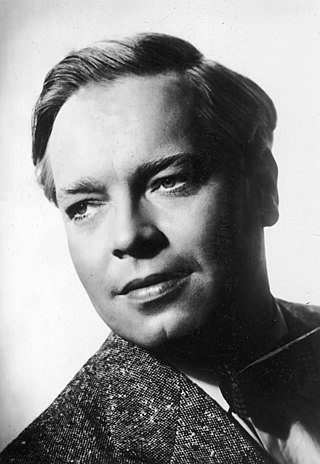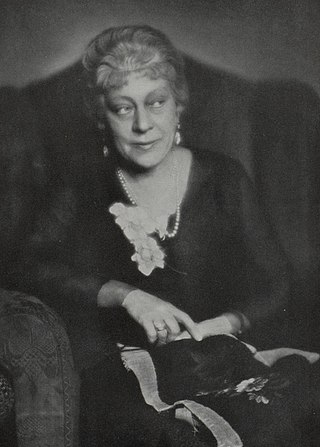Related Research Articles

Adele Sandrock was a German actress. After a successful theatrical career, she became one of the first German movie stars.

Xenia Desni was a Ukrainian silent screen era actress who predominantly appeared in German films.

Oreste Bilancia was an Italian film actor.

Hans Brausewetter was a German stage and film actor of the silent era. He appeared in more than 130 films between 1922 and 1945. He appeared in the 1923 film The Treasure, which was directed by Georg Wilhelm Pabst. He was killed by a bomb blast in Berlin during the final days of the Second World War.

Julius Falkenstein was a German stage and film actor of the silent era. He appeared in more than 180 films between 1914 and 1933. Falkenstein was Jewish, but secured a special permit to continue making films following the Nazi rise to power in 1933. He died of natural causes the same year, having made only one further film.
Fred Sauer was an Austrian actor, film director and screenwriter.

Livio Cesare Pavanelli was an Italian film actor.

Paul Biensfeldt was a German-Jewish stage and film actor.
Lydia Potechina was a Russian actress. She emigrated to Germany in 1918. She was married to the Russian-German film producer Max Pfeiffer.
Robert Garrison was a German-Jewish film actor.

Frida Richard was an Austrian actress. She was a prolific actress in both the silent and sound eras.

Margarete Kupfer was a German actress.
Karl Harbacher (1879–1943) was an Austrian actor.
Eduard Hoesch was an Austrian cinematographer and film producer.
Hermann Picha was a German stage and film actor. Picha was extremely prolific, appearing in over 300 short and feature films during the silent and early sound eras. Picha played a mixture of lead and supporting roles during his career. He played the title role in the 1920 film Wibbel the Tailor, directed by Manfred Noa. He appeared in Fritz Lang's Destiny.
Jacek Rotmil (1888–1944) was a Russian-born art director and production designer who worked on 100 films during his career Following the First World War, Rotmil entered the booming German film industry and worked prolifically until 1933. Following the Nazi rise to power, Rotmil went into exile in Poland where he was employed frequently on Polish and Yiddish productions. He had first become involved in the Polish film industry in 1930 when working on the sound version of the Polish film Exile to Siberia in Berlin.

Elisabeth Pinajeff was a Russian-German actress.

Henry Bender was a German stage and film actor. He appeared in more than a hundred films during his career.
Carl Ludwig Kirmse (1888–1982) was a German art director who worked prolifically on films during the silent and sound eras.

Aafa Film or Aafa-Film was a German film production and distribution company which operated during the 1920s and 1930s. Established in 1920 as Radio-Film the company was controlled by the producer Gabriel Levy and the director Rudolf Dworsky. The company was one of the leading producers of the Weimar Republic, and survived the transition from silent to sound film in 1929. It made the first German full sound film It's You I Have Loved that year. During the early 1930s Aafa produced a number of mountain films directed by Arnold Fanck. It also made a multi-language version musical Lieutenant, Were You Once a Hussar? (1930).
References
- ↑ Sauer & Horn p. 56